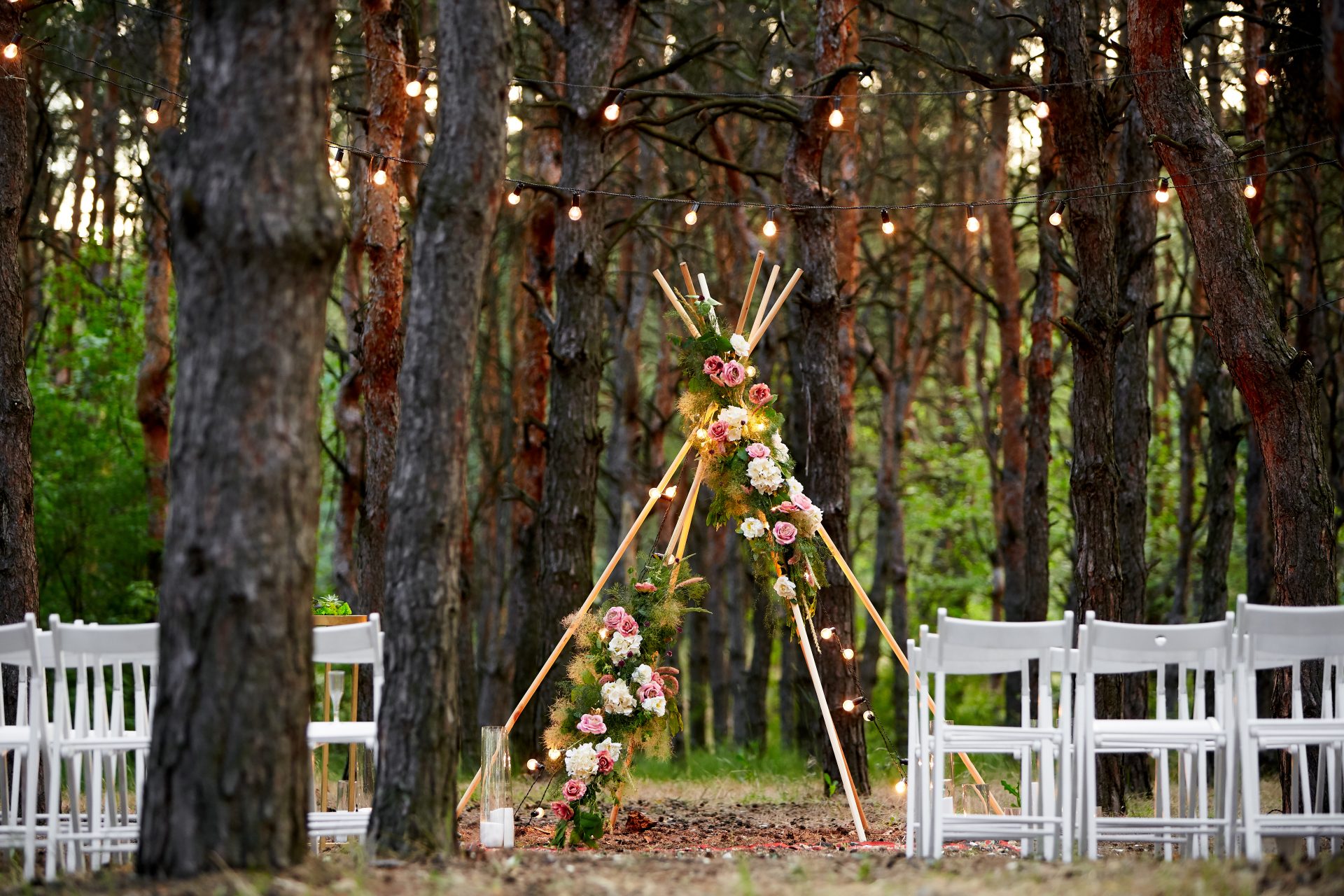According to the official statistics on marriage and divorce data in Scotland in 2019, couples who have a Humanist wedding ceremony are almost four times less likely to divorce compared with all other types of marriages.
The statistics, which were obtained from the Scottish Courts and Tribunals Service (SCTS) for BBC Radio 4’s Sunday programme, show that since Humanist wedding ceremonies began couples married in them are:
- Three times less likely to divorce than in Roman Catholic marriages over the same period.
- More than two times less likely to divorce than in Church of Scotland marriages.
- Almost four times less likely to divorce than in civil marriages.
What is a Humanist wedding?
A Humanist is a person who lives their life in the here and now and believes it’s the only life that they have. According to the Humanists UK website, Humanists:
“make sense of the world through logic, reason, and evidence, and always seek to treat those around us with warmth, understanding, and respect.”
A Humanist wedding is a non-religious ceremony that is personal and conducted by a Humanist celebrant. It is entirely hand-crafted and reflective of Humanist beliefs and values of the couple, conducted by a celebrant who shares their beliefs and values.
Is a Humanist wedding legal?
For a wedding to be legally recognised in England and Wales, it must take place in a registered venue that must meet various regulations in accordance with the Marriage Act 1949. For this reason, a lot of marriages, including many religious ceremonies are not legally recognised. The current law is over 70 years old.
Humanist weddings are not currently recognised in England and Wales. However, they are legally recognised in Scotland, Northern Ireland, and Jersey.
In 2020, the Law Commission published Getting Married: A Consultation Paper on Weddings Law. The paper provisionally proposes a new scheme intended to:
- Allow weddings to take place anywhere, including outdoors;
- Offer couples greater flexibility over the form their wedding ceremonies will take. This enables them to use a variety of ceremonies (religious and non-religious) to mark their weddings;
- Simplify the process and remove unnecessary red tape; and
- Provide a framework that could allow non-religious belief organisations and/or independent celebrants to conduct legally binding weddings.
One of the features of the new scheme is that regulation would be based on the officiant, rather than on the building in which the wedding takes place. If the Government determines that non-religious belief organisations should be able to solemnize weddings, these organisations would be able to nominate officiants.
After analysing the responses, the Commission intends to publish its final report, with recommendations for reform to the Government, in the second half of 2021.
Should there be a change in the law to allow greater freedom for people to formalise their Humanist wedding?
The general concerns raised regarding Humanist weddings are about their venues, as Humanists would like to hold ceremonies outdoors. Other issues raised were about the legitimacy of ceremonies, such as forced and sham marriages, and the risk of profit-making enterprises exploiting this.
These reservations, however, cannot be a serious issue of contention, particularly when certain registered venues allow some sort of outdoor ceremony, and forced or sham marriages cannot be identified, unless raised by the individuals.

How can we help?
Emma Davies is a specialist family law solicitor at Nelsons.
If you need advice on any family law-related matter, please contact us and we will be happy to discuss your circumstances in more detail and give you more information about the services that our family law solicitors can provide along with details of our hourly rates and fixed fee services.
Please contact Emma or another member of the team in Derby, Leicester, or Nottingham on 0800 024 1976 or via our online enquiry form.
If this article relates to a specific case/cases, please note that the facts of this case/cases are correct at the time of writing.


